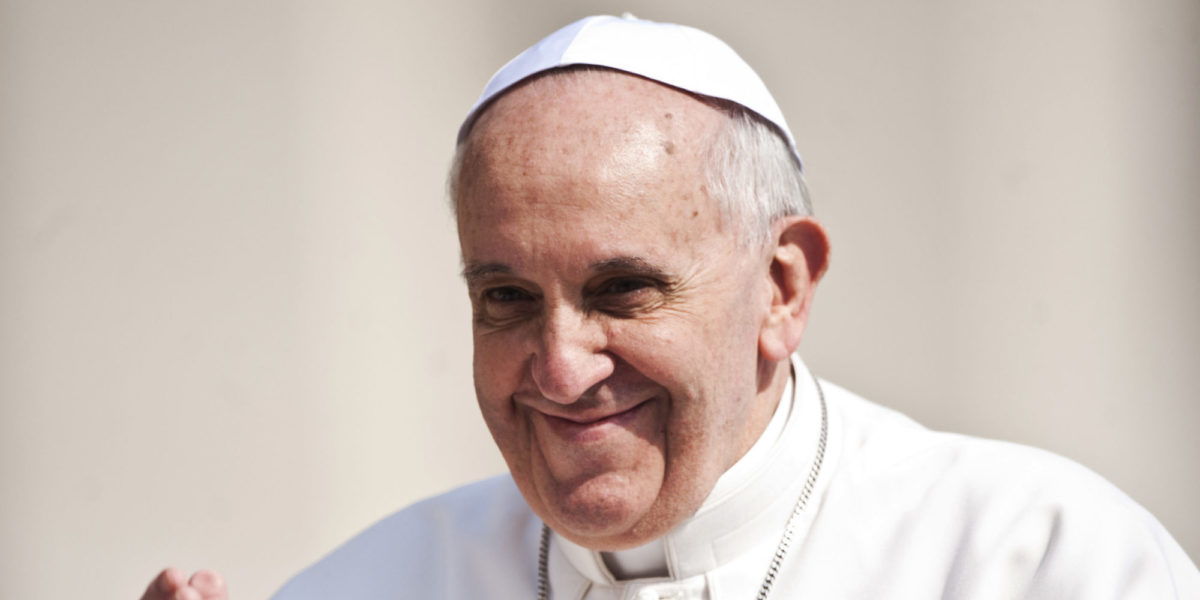Now that the Pope has acknowledged and recognized residential schools as genocide, what’s stopping Canada’s House of Commons from doing the same?
That’s a question NDP MP Leah Gazan, who serves the constituency of Winnipeg Centre, is trying to answer.
This isn’t the first time Gazan has pushed for an official recognition at the federal level that what took place at residential schools constituted as genocide. In June 2021, as bodies of children were beginning to be recovered from unmarked graves of residential school sites,
At an April 29 meeting of the Standing Committee on the Status of Women, Marjolaine Étienne, president of the Quebec Native Women Inc., spoke about the fact that Indigenous women and girls are “12 times more likely to be murdered than any other women in Canada, precisely because they are marginalized persons.”
As Etienne explained that discrimination, patriarchal and assimilatory policies, and residential schools are just a few examples of “heavy and permanent intergenerational repercussions.
Repercussions that Etienne says “amount to a slow but devastating genocide.”
At the same meeting, Gazan pointed out that Canada passed Bill C-15, An Act respecting the United Nations Declaration on the Rights of Indigenous Peoples (UNDRIP), last year. Despite Bill C-15 receiving royal assent and becoming law, Gazan accused the federal government of “turning a blind eye to the violence being perpetrated against women, girls and two-spirit people around resource extraction.”
“These are minimum human rights that any human being needs, Indigenous or not, to have,” Gazan said. “These aren’t special rights. These are just rights that haven’t been afforded to Indigenous peoples specifically.”
In an interview with rabble.ca, Gazan pointed out that residential school denials, even amongst parliamentarians, are real.
“If we want to have reconciliation in this country, then we need truth,” Gazan said. “There is no reconciliation in the absence of truth. There is no justice in the absence of truth. It’s time that Parliament recognize what happened in residential schools for what it was—which is a genocide.”
Gazan pointed out that the Catholic Church led more than 70 per cent of residential schools in Canada, the last of which operated until 1996. She noted that the harms from residential schools continue to the present day through many forms of intergenerational trauma—trauma Gazan says should be recognized as violence.
“It’s another form of perpetrating violence on people who have experienced genocide—the intergenerational impact of that genocide—it is unacceptable,” she said.
Residential school records must be released
Gazan is calling on both the federal government and the Catholic Church to release all records and documents pertaining to residential schools, something she believes will help ensure those who want to seek other forms of justice are equipped with the tools to do so.
“The government needs to go beyond symbolic notions, to doing what they need to do, which is stop fighting residential school survivors in court,” she said. “They need to release all documents and records and they need to respond to the calls of justice from survivors and intergenerationally impacted family members so that they can find justice in the way that they need.”
Until then, Gazan concluded, Canada cannot begin truly and meaningfully efforts of reconciliation.
Dorene Bernard agrees. A survivor of the Shubenacadie Indian Residential School in Nova Scotia, Bernard attended the Papal visit last month, an event she calls a “missed opportunity” that amounted to little more than a photo-op.
“I felt like the media was being very careful on what they asked him,” she said in an interview, adding, “they were really careful of letting the survivors get close enough to ask anything.”
As part of the Survivors Advisory Circle, Bernard took part in an event in Quebec City at the residence of Mary Simon, Canada’s Governor General. Despite being six feet away from Pope Francis, Bernard wasn’t allowed to speak to him and no time was given to survivors to engage with the Pope.
“That was my feeling, is that we were so close, yet so far away,” she said.
After taking pictures with the survivors of residential schools for reporters, Bernard and other survivors were relegated to an outdoor patio—where they waited hours until it was time to leave.
Had Bernard received the opportunity to speak with Pope Francis, she says she would have asked him to rescind the Doctrine of Discovery—a false narrative propped up by the Catholic church in the 15th century that paved the way for genocide, enslavement, and residential schools.
Visit was not followed up with action
Ultimately, Bernard is unsure about how the Papal visit will lead towards meaningful reconciliation with Indigenous peoples and land, particularly due to the fact that the Pope didn’t follow up his apology with concrete action.
“They don’t know what they’re going to do about it, what restitution, if any, what pennants or actions from the Catholic Church that they are willing to do,” she said.
Noting that it’s the country’s responsibility to document the true history of Canada and how it was built on the backs of Indigenous people, Bernard believes that any politician who denies Canada’s history of colonization shouldn’t be in office.
“It bothered some to say that it was ‘only a few people,’ because it was a policy that happened not only to my mother’s generation and my grandmother [but] myself. Three generations of families who went through a similar story of sexual abuse, physical abuse, mental abuse,” she said.



